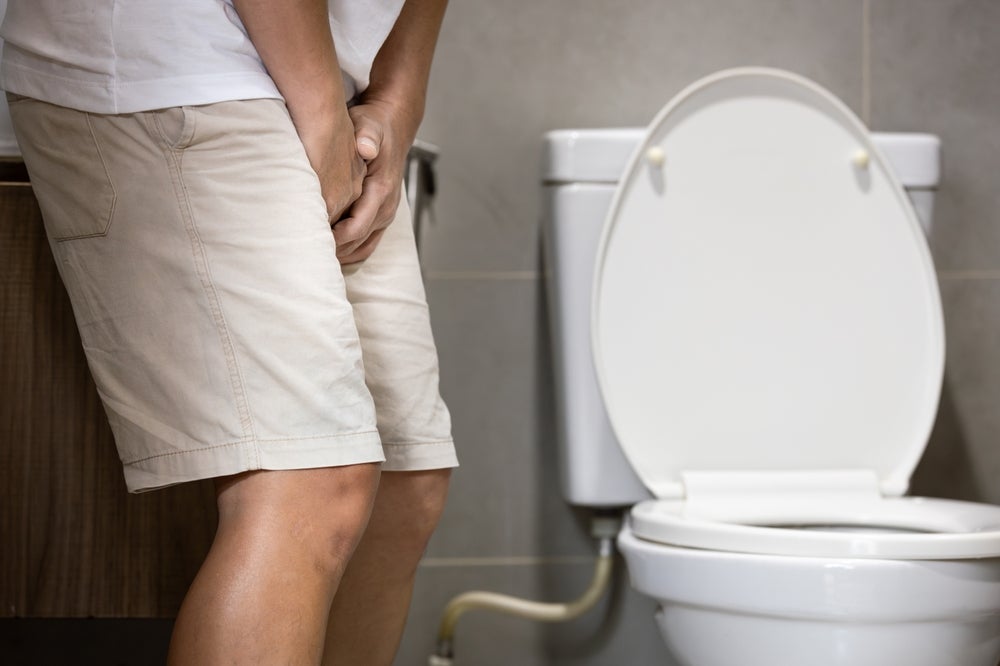
UroMems has reached another checkpoint in bringing the first automated artificial urinary sphincter to market after the company announced its clinical feasibility study met primary and secondary endpoints.
The feasibility study (NCT05547672) enrolled six male patients with stress urinary continence who did not respond to other forms of treatment. UroMems stated that the cohort treated with its UroActive device met the six-month primary endpoints, which included the rate of explants and revisions and the rate of device activation successes.

Discover B2B Marketing That Performs
Combine business intelligence and editorial excellence to reach engaged professionals across 36 leading media platforms.
The results from the prospective, multicentre clinical study will support the design and planning of an upcoming pivotal trial in Europe and the US.
France-headquartered UroMems said that the six patients’ implants, which have been in use for more than seven months, have been operating as expected and positive follow ups reported via successful secondary outcome measures.
The male trial, called SOPHIA, is running in parallel with a female counterpart trial, called TRANSITION. In July 2023, UroMems announced the first female implantation in TRANSITION.
UroMem is carving out a new treatment approach for people living with stress urinary incontinence with the UroActive device. According to the company, it is the first smart automated device that treats the condition characterised by the leakage of urine when the bladder is under high intra-abdominal pressure such as while coughing, sneezing, or exercising.

US Tariffs are shifting - will you react or anticipate?
Don’t let policy changes catch you off guard. Stay proactive with real-time data and expert analysis.
By GlobalDataStress urinary incontinence, which affects around 40 million Americans and is more common in women, is currently treated with surgery or with Eli Lily’s antidepressant Cymbalta (duloxetine).
UroMem’s UroActive system uses the company’s MyoElectroMechanical System which is placed around the urethral duct and automatically changes the sphincter opening by pressure adjustments based on the patient’s activity. This has the advantage of not placing sustained pressure on the tissue when the patient is at rest.
In April 2023, the US Food and Drug Administration (FDA) granted UroActive with Safer Technologies Programme designation to speed up the device’s route to market.
UroMems chief medical officer and co-founder Pierre Mozer said: “The results of this study will allow us to prepare our pivotal study which will be a major step in the development of UroActive.”
In November 2023, Aviation Medical released positive data on its non-invasive bladder-control device for the treatment of urinary urgency and urge urinary incontinence caused by overactive bladder syndrome.
The pharma industry is also joining the medtech world in targeting new treatment options for patients with stress urinary incontinence. In November 2023, Switzerland-based Versameb received approval from the FDA to begin a Phase I clinical trial with the company’s mRNA therapy in women with the condition.



